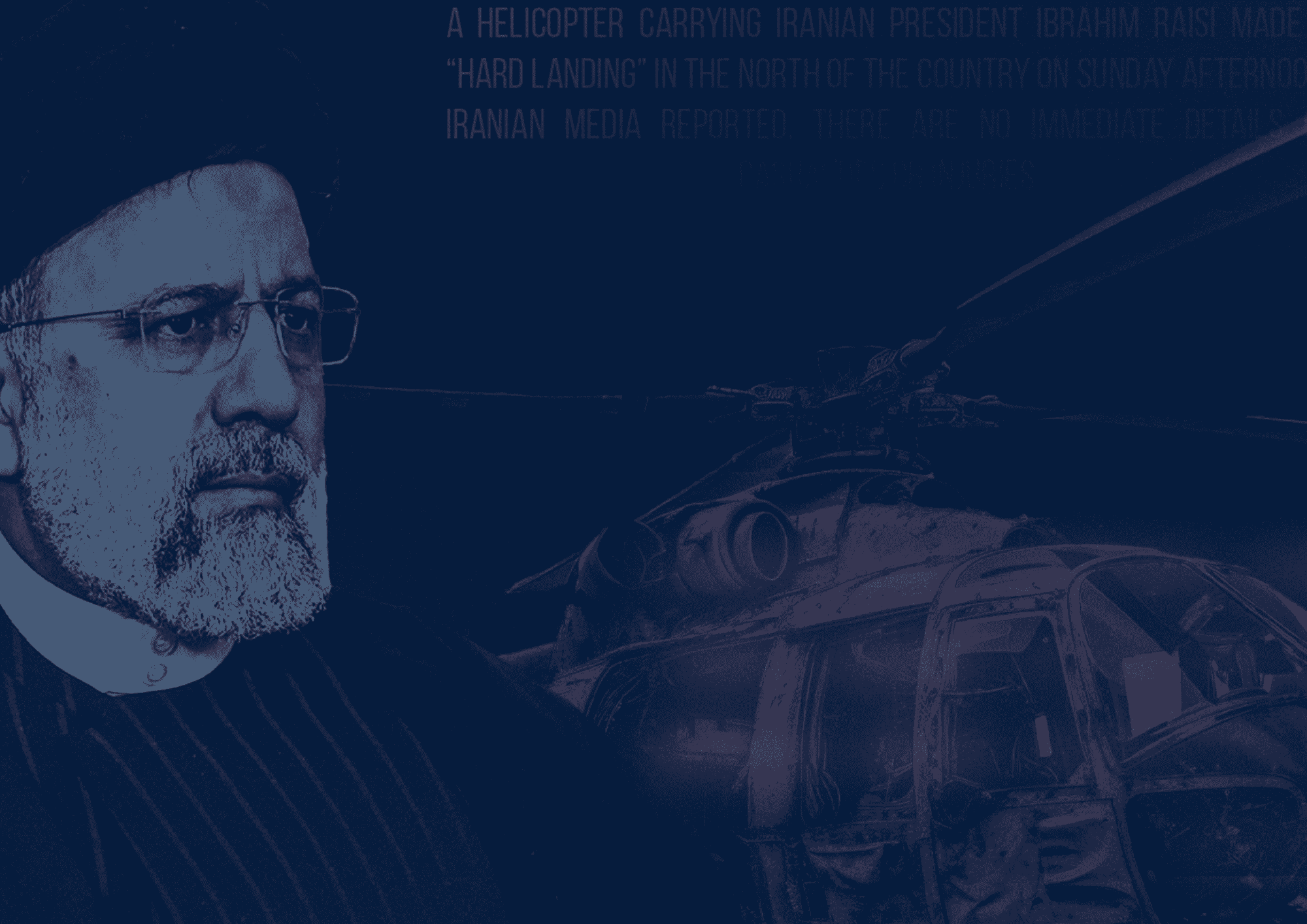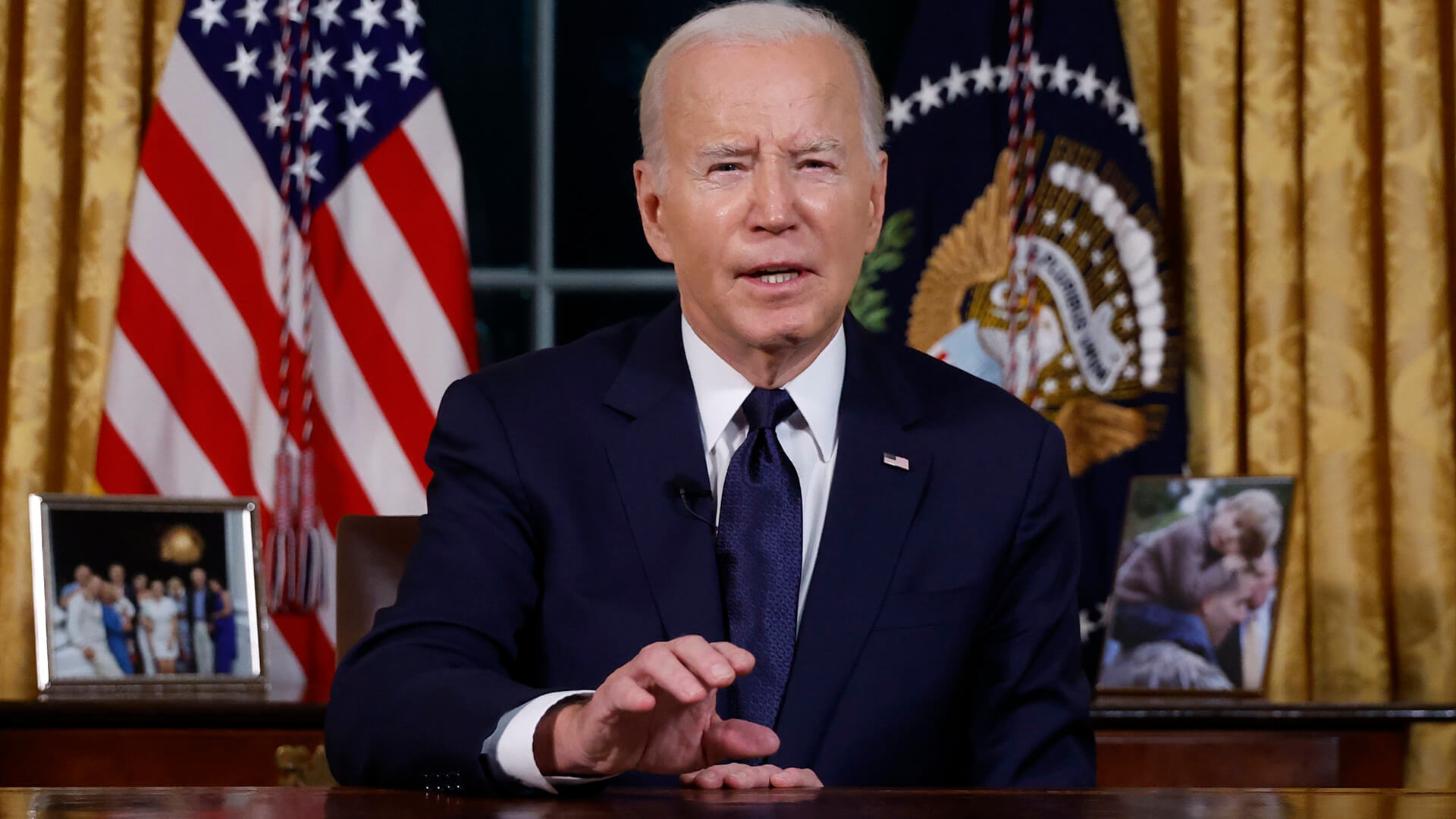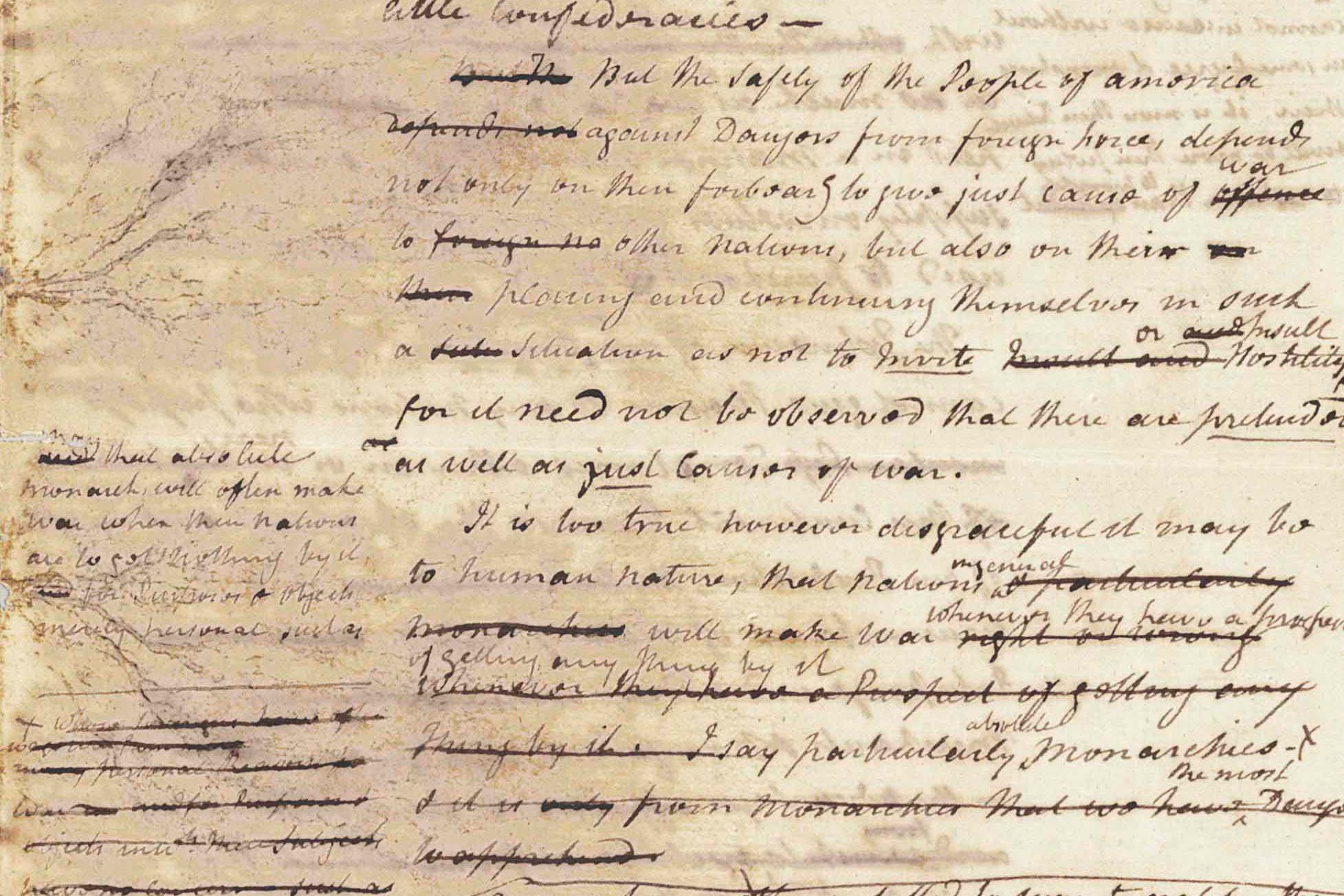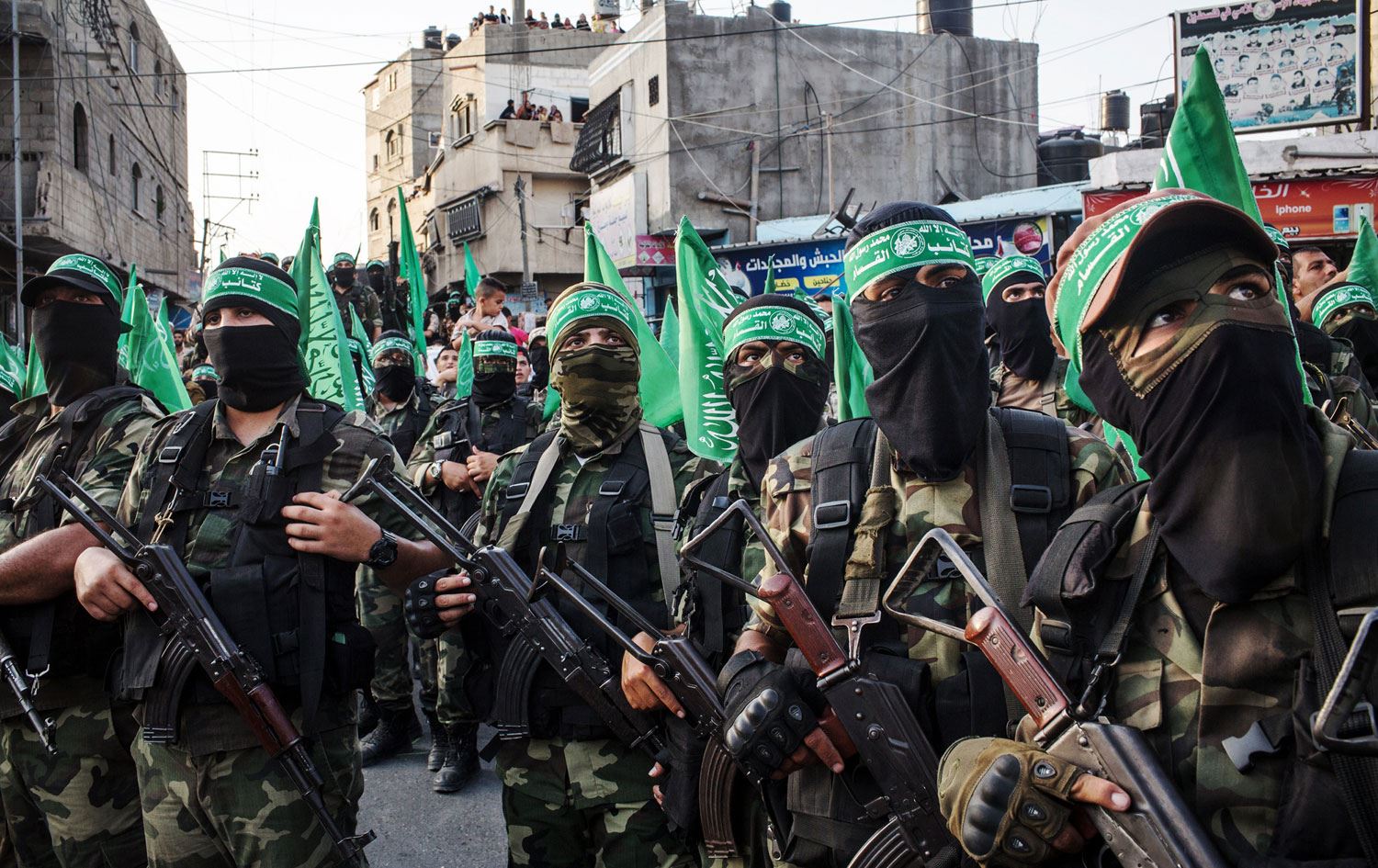The death of Iran’s President Raisi, who maintained a hardline and aggressive stance in both domestic and international politics, in a helicopter crash has reverberated around the world. In recent years, Raisi had been a figurehead of increasingly strict and conservative policies. His strategic moves, including fostering close relations with Iran’s long-standing adversary, Saudi Arabia, elevated his status on the international stage as a strategic player and game-changer. Notably, his missile attacks against Israel and the acceleration of nuclear activities made both him and Iran perceived as potential threats by major political actors in the Middle East, particularly the United States and Israel.
Before being elected President of Iran in 2012, Ebrahim Raisi held several significant positions within the country. Born in 1960 in Mashhad, Iran, Reisi studied Shia Theology in the city of Qom and actively participated in the “Iranian Islamic Revolution” during his youth. After the revolution, Raisi served on the “Death Committee,” which was responsible for the deaths of thousands of young people, establishing him as a prominent figure in the Islamic Republic of Iran. Rising bureaucratically through this role, Reisi later advanced in the judiciary and became the chief prosecutor of Tehran. Due to his human rights violations during his judicial tenure, Raisi was a controversial figure on the international stage, subjected to sanctions, including by the United States in 2019.
Raisi, elected President of Iran in 2012, became a beloved and respected figure among the conservative segment of the population. However, the 2022 arrest and subsequent death of Mahsa Amini sparked nationwide protests targeting Raisi and his administration. The widespread unrest, fueled by restrictions and oppression concerning women’s rights and freedoms, culminated in a large-scale popular uprising. The violent suppression of these protests by Reisi’s administration, resulting in civilian deaths and the imprisonment and sentencing of hundreds to death, caused outrage both within Iran and internationally.
Under Reisi’s leadership, Iran established diplomatic relations with Saudi Arabia in 2023, a significant event perceived as the beginning of a new era and process in regional politics and international relations. However, Raisi’s stance in the subsequent Hamas-Israel war, operations conducted via proxy forces in the Middle East, and drone and missile attacks on Israel escalated regional tensions. Iran’s support for Russia in the Russia-Ukraine war also stirred considerable controversy.
Reisi’s unexpected death will undoubtedly lead to significant changes and transformations both domestically and internationally. The political strategies Iran adopts post-Reisi will be crucial for regional balance. The national trauma experienced after the assassination of Iranian General Qasem Soleimani by the United States is likely to be mirrored in the case of Ebrahim Raisi. Raisi is poised to become a spiritual figure and national hero for Iran.
Following reports of the helicopter crash, considerable misinformation has surfaced across social media and traditional media, shrouding the circumstances of the President’s death in mystery. Critical questions remain regarding whether his death was the result of internal power struggles, a simple accident, or a sabotage by Iran’s adversaries, particularly Israel. Nevertheless, Iran is expected to leverage this incident as a national tragedy for both domestic and international political gain, as it did with the death of Qasem Soleimani.
Written by UMUT GUNER



